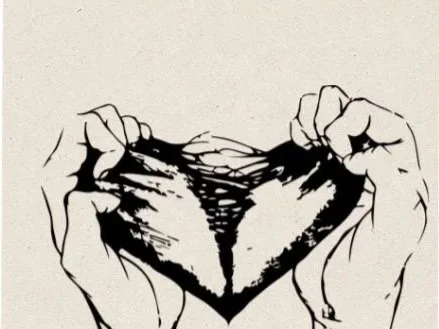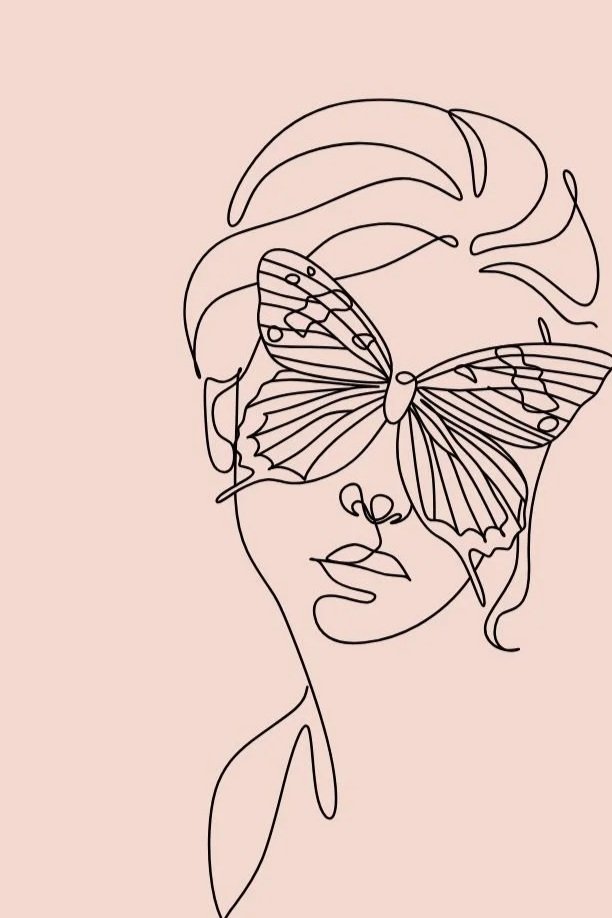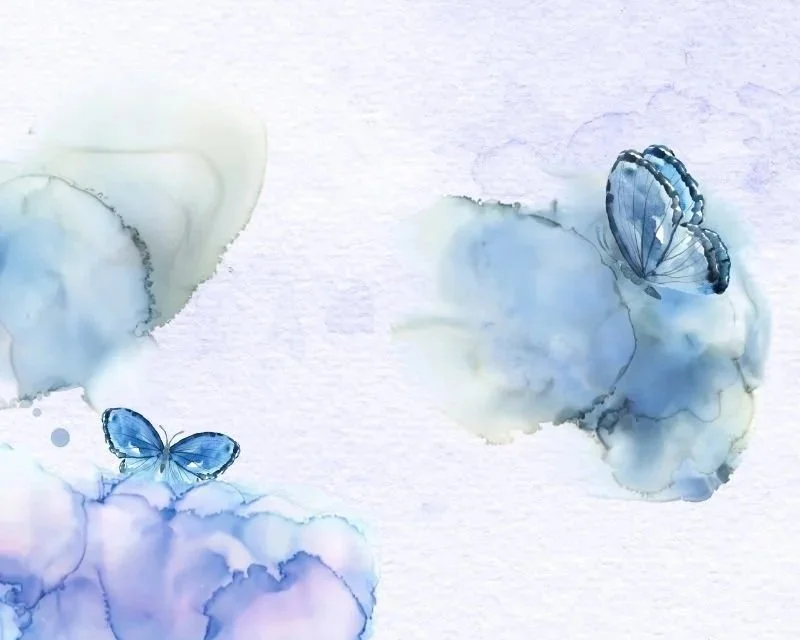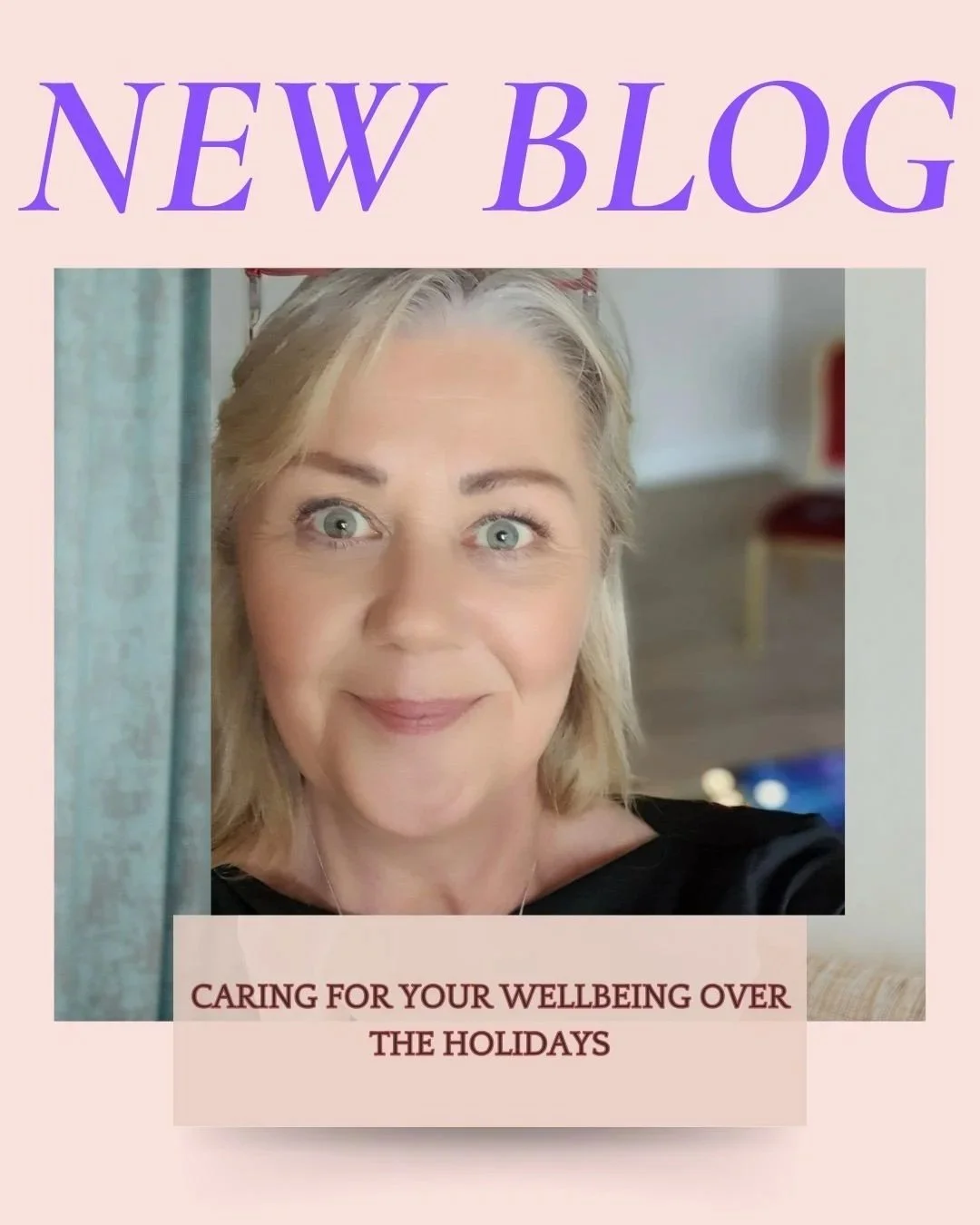Understanding the Roles We Carry and Supporting Ourselves with Compassion
Family estrangement is often misunderstood. It is rarely about one moment, one person, or one decision. More often, it is the quiet accumulation of unmet needs, misunderstood roles, and a deep, human longing to belong within the very place we first learned what belonging meant.
For many, estrangement is not chosen lightly. It can arise when connection feels unsafe, when voices go unheard, or when repeatedly abandoning oneself becomes the only way to stay connected. Over time, the body, mind, and heart may reach a point where distance feels like the only path toward preservation and wellbeing.
The Impact of Estrangement on Well-Being
As relational beings, our earliest family experiences shape how we relate to ourselves, others, and the world. When these early bonds are marked by inconsistency, emotional absence, or unspoken expectations, the effects often extend far into adulthood.
Family estrangement can influence wellbeing in subtle and significant ways, including chronic stress, anxiety, difficulties with trust, emotional fatigue, or a persistent sense of rejection. Even when contact has ended, the internal relationship with family often continues playing out through self-doubt, people-pleasing, hypervigilance, or emotional withdrawal.
These responses are not weaknesses. They are signals of a nervous system that learned to adapt in order to survive.
Understanding the Roles We Play
Within every family system, roles tend to emerge, often unconsciously. These roles help maintain balance, reduce conflict, or meet unspoken emotional needs within the family unit. You may recognise yourself as the caretaker, the responsible one, the peacemaker, the rebel, the scapegoat, or the one who learned to stay small and unseen.
These roles were not chosen deliberately. They developed in response to the environment you were in. At the time, they were intelligent strategies designed to help you belong, stay safe, or reduce emotional pain.
However, when these roles remain unexamined in adulthood, they can continue to shape relationships and self-perception. When our emotional needs were not met consistently or safely, we may internalise a sense of being rejected, sometimes turning that rejection inward by ignoring our own needs, minimising our feelings, or judging ourselves harshly.
Holding Compassion for All Sides
Approaching family estrangement with compassion does not mean denying harm, excusing behaviour, or overriding your own truth. It means recognising that family systems are often shaped by generations of unprocessed pain, limited emotional tools, and inherited patterns.
Compassion allows space for complexity: acknowledging that others may have done the best they could with what they had, while also honouring the reality that your needs mattered and still matter.
True compassion includes you. It does not require self-abandonment.
Gentle Ways to Support Yourself
Healing in the context of family estrangement does not follow a single path. It does not require confrontation, forgiveness, or reconciliation unless those feel safe and aligned for you. Often, healing begins quietly by learning to meet yourself with greater awareness and care.
Simple, supportive practices can include listening to your body’s signals of safety and tension, gently naming the role you carried without judgement, and noticing where you may still be rejecting yourself in subtle ways. Releasing blame - particularly self-blame creates space for responsibility for how you care for yourself now.
Being seen and heard in non-judgemental spaces, whether through therapy, supportive communities, or trusted relationships, can also be profoundly regulating and healing.
A Gentle Reflective Practice
You may wish to approach the following reflection slowly, over time. There is no need to force insight or resolution.
Begin by finding a moment of relative calm. Place a hand on your heart or somewhere on your body that feels grounding. Take a few steady breaths, allowing yourself to arrive.
Bring your family system to mind - not to analyse it, but simply to notice.
What role did you naturally step into?
How did that role help you cope or belong?
What did it protect you from?
Silently acknowledge: This role made sense at the time.
As you reflect, notice your body. Where do you feel ease? Where do you feel tension or heaviness? There is no need to change anything. Your body is offering information, not judgement.
Gently ask yourself:
What did I need then that I didn’t receive?
What do I need now?
Allow whatever arises. Needs are not demands, they are signals of worth and aliveness.
Offer yourself a simple, supportive statement, such as:
I am allowed to need.
I am not wrong for feeling this way.
I can care for myself with compassion.
Finally, ask yourself:
What is one small, gentle thing I can do to support myself today?
It might be rest, movement, journaling, setting a boundary, or simply pausing. Small acts of self-support build safety over time.
Closing Thoughts
Family estrangement is not a failure. Often, it is a signal, a call toward safety, self-respect, and healing. Wellbeing does not come from fixing the past, but from learning how to meet yourself differently in the present.
You are allowed to move at your own pace.
You are allowed to choose peace.
And you are allowed to belong - beginning with yourself.
Listen to my podcast conversation with Karl Melvin- psychotherapist, author & educator on Family Estrangement - The Ache of Belonging
Sharon Fitzmaurice is Holistic Wellness Coach, Reiki Master Teacher, Wellbeing Therapist, and Clinical Hypnotherapist. She hosts The Sharon Fitzmaurice Podcast, celebrating the resilience of the human spirit. She is the author of Someone Please Help Me, So I Did and Awaken Your Wellbeing, and founder of the Soulful Journeys Online Community. Sharon’s work centres on supporting others in recovering from trauma, nurturing emotional resilience and reconnecting with their inner wisdom. She believes healing is personal, sacred and possible for everyone, and encourages others to become the most authentic version of themselves.





















